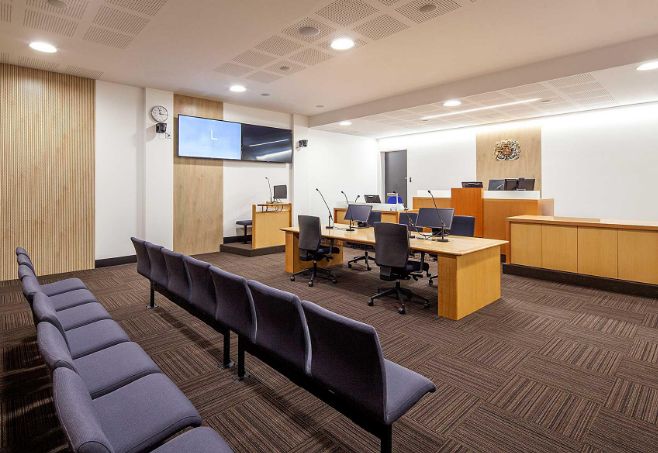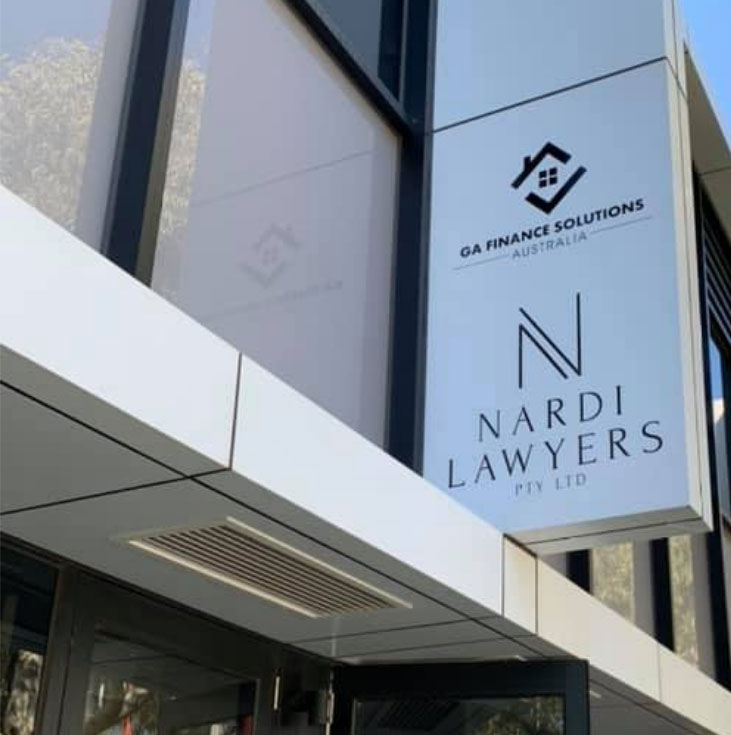Are you the Applicant or Respondent in an Intervention Order matter?
Although sometimes considered too frustrating to handle, intervention orders can have a significant impact on you, and if breached, can result in criminal charges. They can also impact family law proceedings and so they must be handled by an experienced lawyer.
There are TWO types of intervention orders:
- A Family Violence Intervention Order
Protects you from a family member.
- A Personal Safety Intervention Order
Protects you from someone other than a family member

On Google: Reflecting Our Client Satisfaction
Approximate Family Incidents Per Year In Victoria
Are you the Applicant or Respondent?
-
I am the ApplicantClick here to read about a case where we acted for the Applicant.
If you are the Applicant, you can apply for an intervention order in any Magistrates’ Court in Victoria. It is a good idea to have legal advice and to learn about the process and your options. These matters can have multiple hearings if contested.
-
I am the RespondentClick here to read about a case where we acted for the Respondent.
If you are the Respondent, you will have a court date when the matter is next listed. An interim order may be in place against you, and if so, you must comply with all of the listed conditions. An intervention order can also impact your firearms licence. Clickhere to read more.
-
The Police are the ApplicantClick here if you have a firearms licence.
Police may issue an immediate family violence safety notice, which will be in place for a short time. They may then apply at the court for an order which will remain in place for a longer period – this can even happen in situations where the Applicant does not want to go ahead.
-
Stage 1 Mention
-
Stage 2 Directions Hearing
-
Stage 3 Contested Hearing
The intervention order will have a first hearing date – known as a Mention. At this stage, parties can negotiate and as mentioned above, perhaps an Undertaking may be appropriate. If not, the matter will be booked for a Directions Hearing which will take place at a later date. The Mention is a short hearing and evidence will not be called.

Architecture: Billard Leece Partnership; Photo credit: Hillary Bradford Photography
This is another procedural hearing and the Magistrate will not hear evidence on this day either. If the Respondent is contesting the intervention order, then each party will need to inform the court if they will be calling any witnesses, if they are unavailable on any particular date etc. The Magistrate will likely order each party to file and serve further and better particulars before the Contested Hearing date, in order to support their case.

Architecture: Billard Leece Partnership; Photo credit: Hillary Bradford Photography
This is the final hearing and it is when the Magistrate will hear evidence from the parties and from any witnesses. The Magistrate will first hear from the Applicant and then the Respondent. This can clearly be a very confronting experience, where a self represented person may need to cross examine another person and/or witness. It is advisable to have legal representation, ideally well in advance of the Contested Hearing. Legal Representation may help to resolve the matter before a Contested Hearing, but if not, it will help you to navigate a difficult and emotional process.

Architecture: Billard Leece Partnership; Photo credit: Hillary Bradford Photography
At Nardi Lawyers, our experienced team assists clients in navigating Intervention Orders related to family violence and personal safety matters in Melbourne. Whether you are seeking protection or defending against an order, our dedicated intervention order lawyers provide comprehensive legal support tailored to your situation.

-
Michael0491 626 283
-
Nicholas0493 141 014
-
Email Address[email protected]
-
Address
Nardi Lawyers Pty Ltd
Suite 22 Level 1/797 Plenty Rd,
South Morang VIC 3752, Australia -
Address
456 Lonsdale Street, Melbourne, Victoria, 3000







